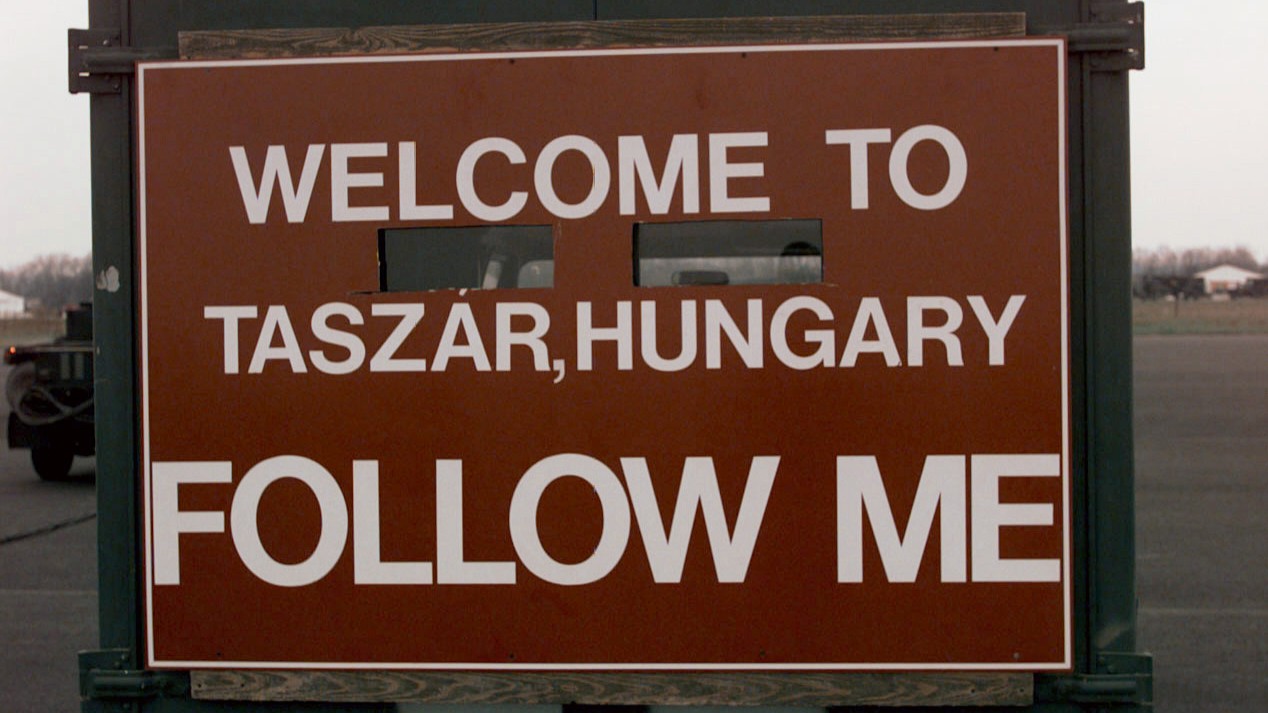
‘The Americans left Somogy county, but they left behind the tradition of American–Hungarian cooperation and friendship—making it possible, perhaps for the first time in Hungary’s history, to host the army of a great power not as occupiers, but as guests.’
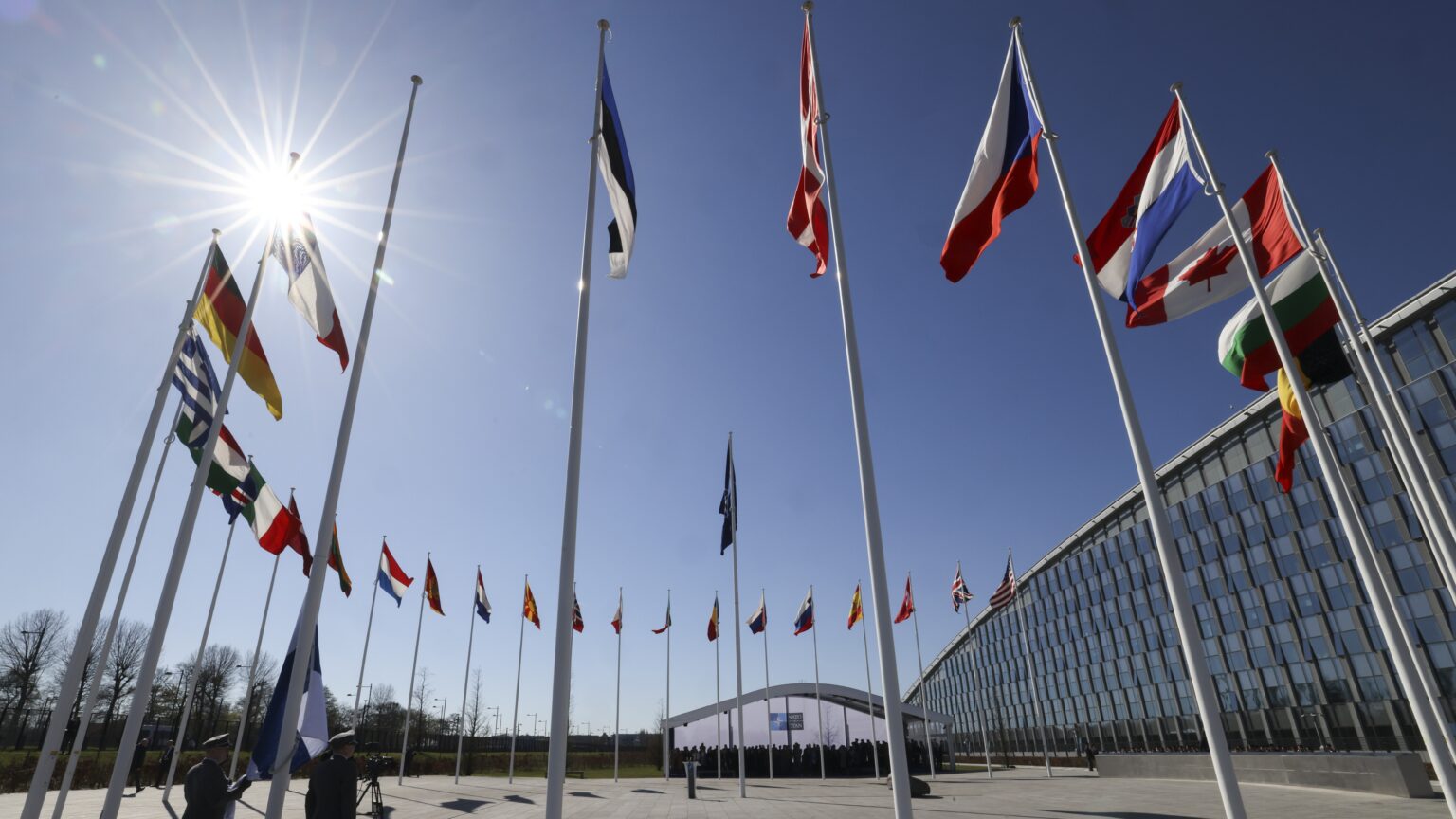
‘Unless NATO can produce a credible plan to remain relevant in a world that is changing dramatically—geopolitically and technologically—it risks falling apart under the weight of its own irrelevance.’
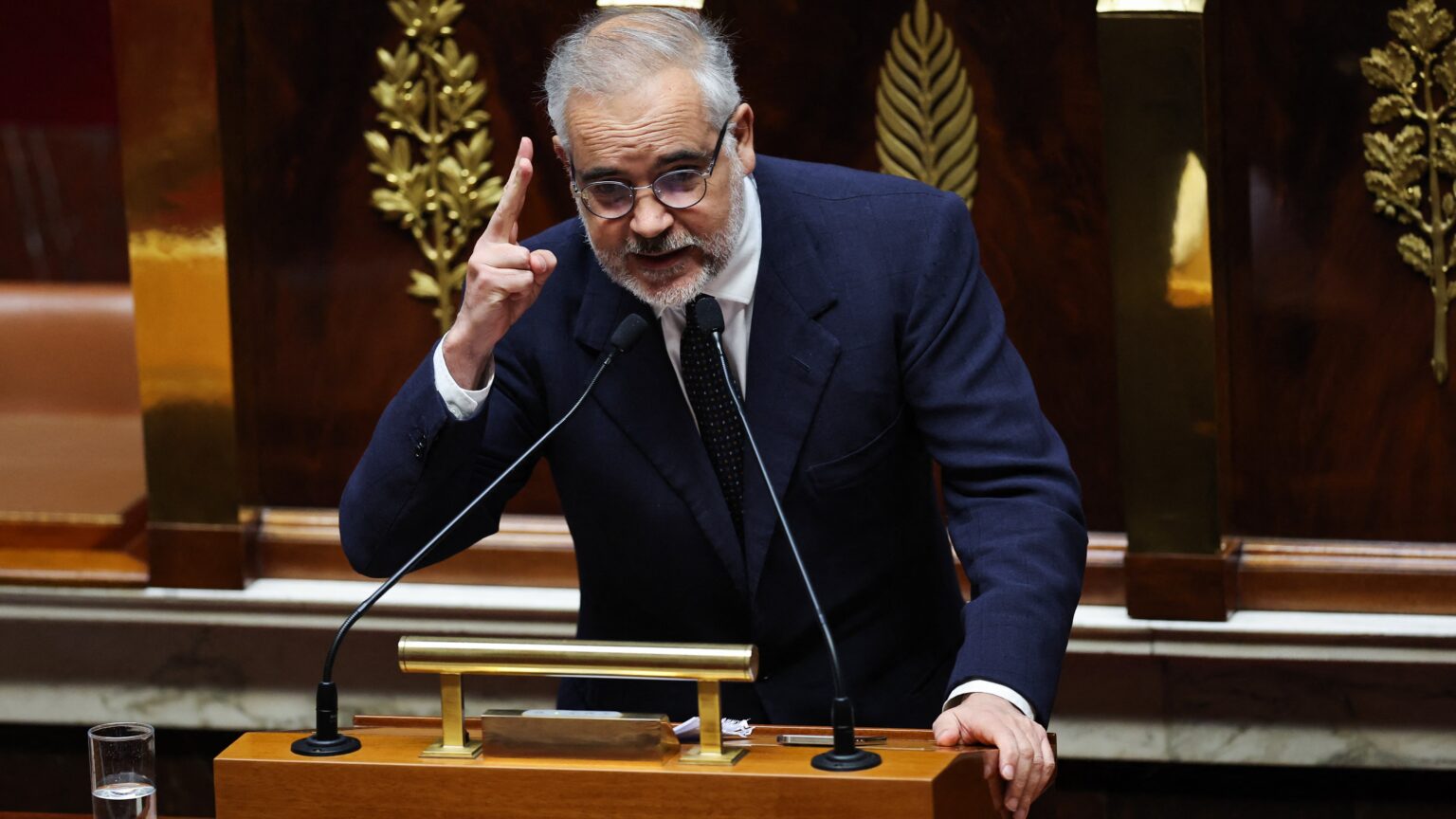
During the session on the bill, the National Rally was called the ‘party of the SS’ by one left-wing parliamentarian.
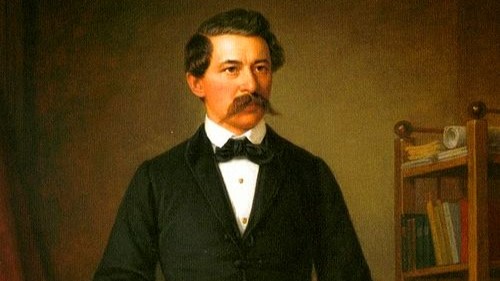
‘Arany’s legacy lives on nationally and internationally as someone who spoke for a nation in a moment of deep peril and despair.’

‘The legacy of Klára Andrássy is one of turning the Andrássy Palace into an open centre of anti-Nazi resistance.’

‘Europeans occasionally refer to the United States as the “Fourth Rome”, yet within American discourse, the designation is simply the “New Rome”, implying direct succession to the Urbs Aeterna.’
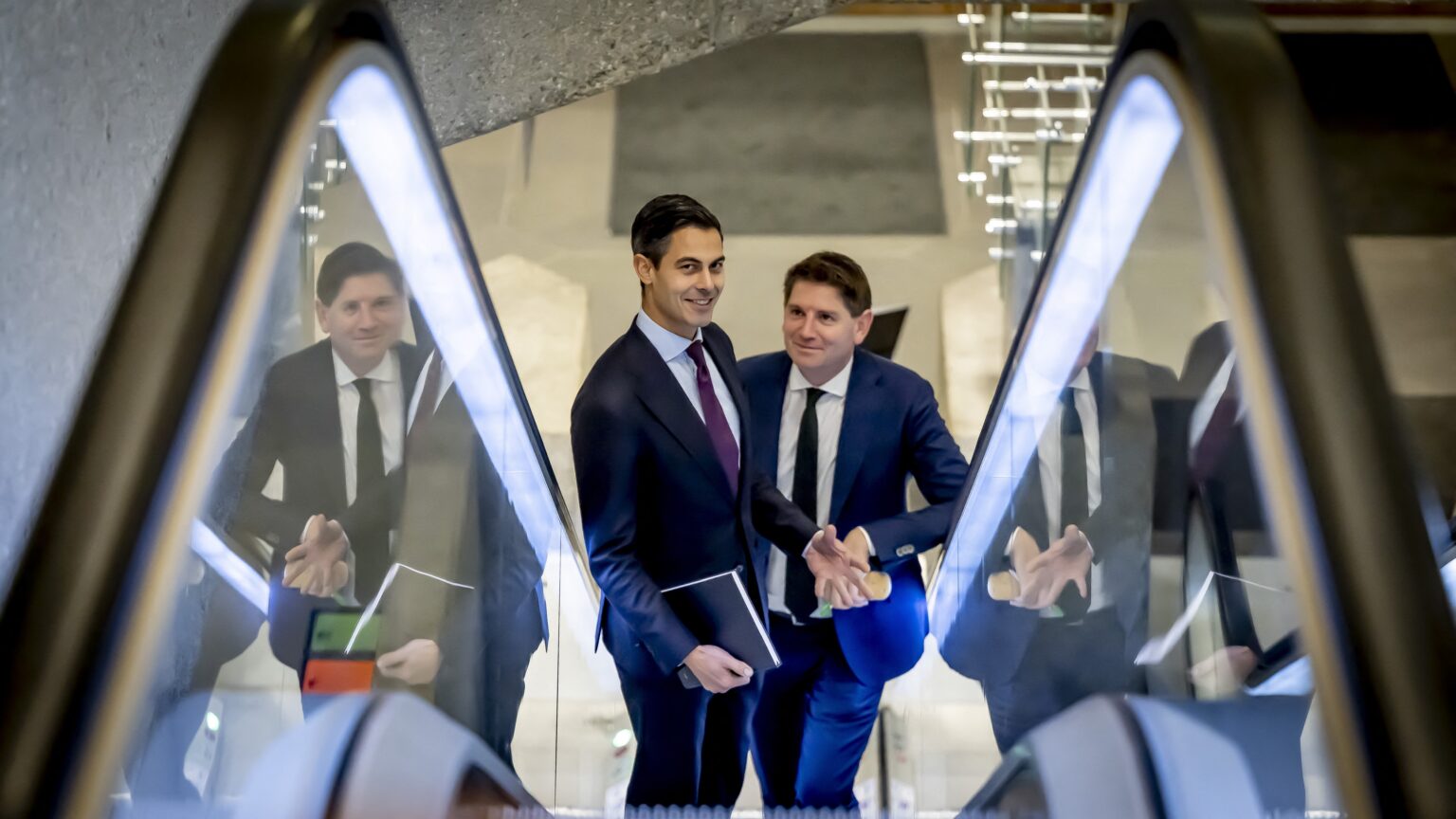
‘A D66-led government would most likely eliminate most Dutch resistance, from environmental projects to diplomatic disputes between EU Members and foreign policy.’
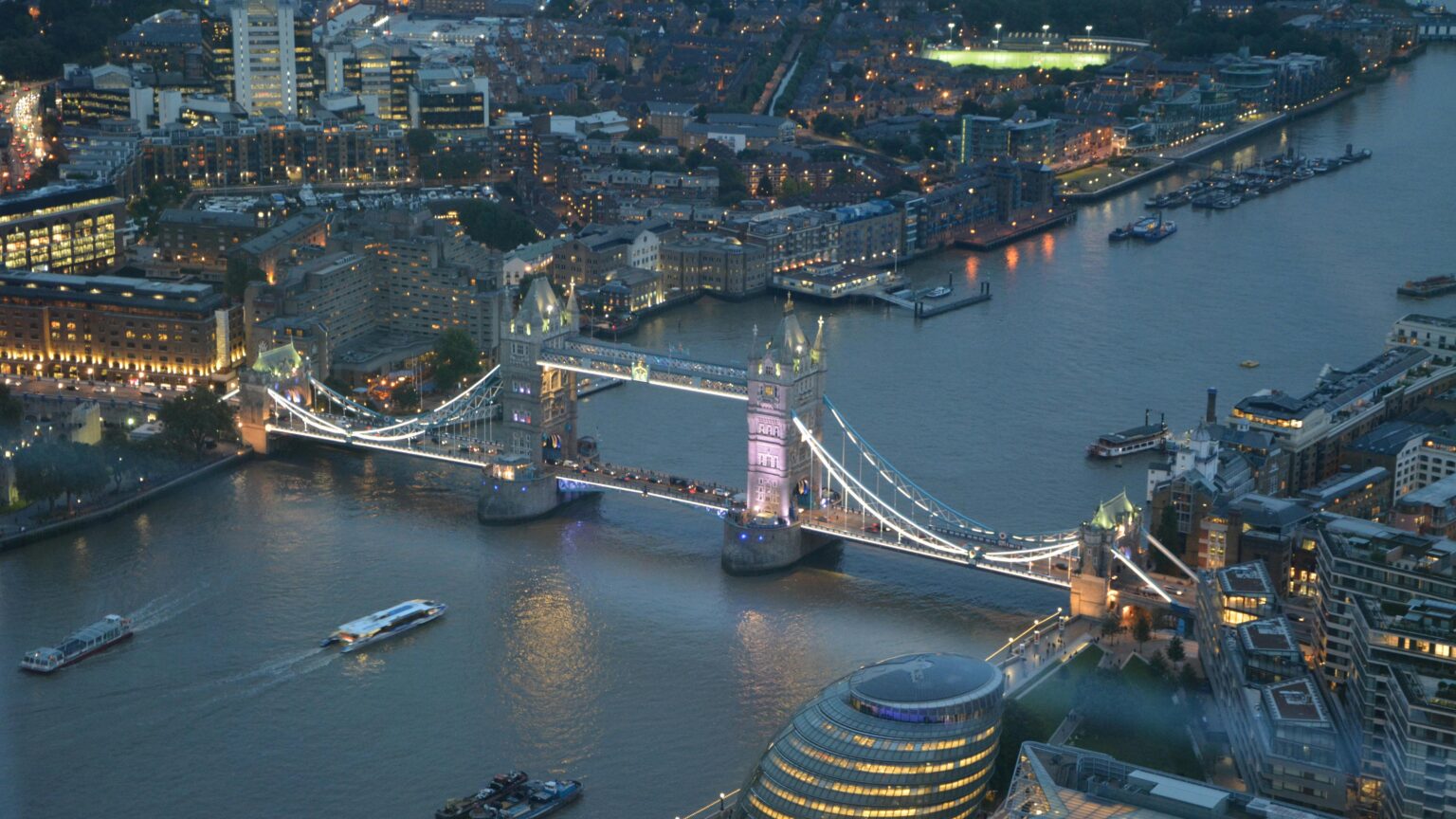
‘We are not lovers of liberty in any pure sense whatsoever. The Covid pandemic revealed that we are a nation of tutters, conformists, and curtain twitchers…’

‘If China wants to exert pressure on Japan, this isn’t the way. Ultimately, it has only damaged the reputation and viability of its airlines.’
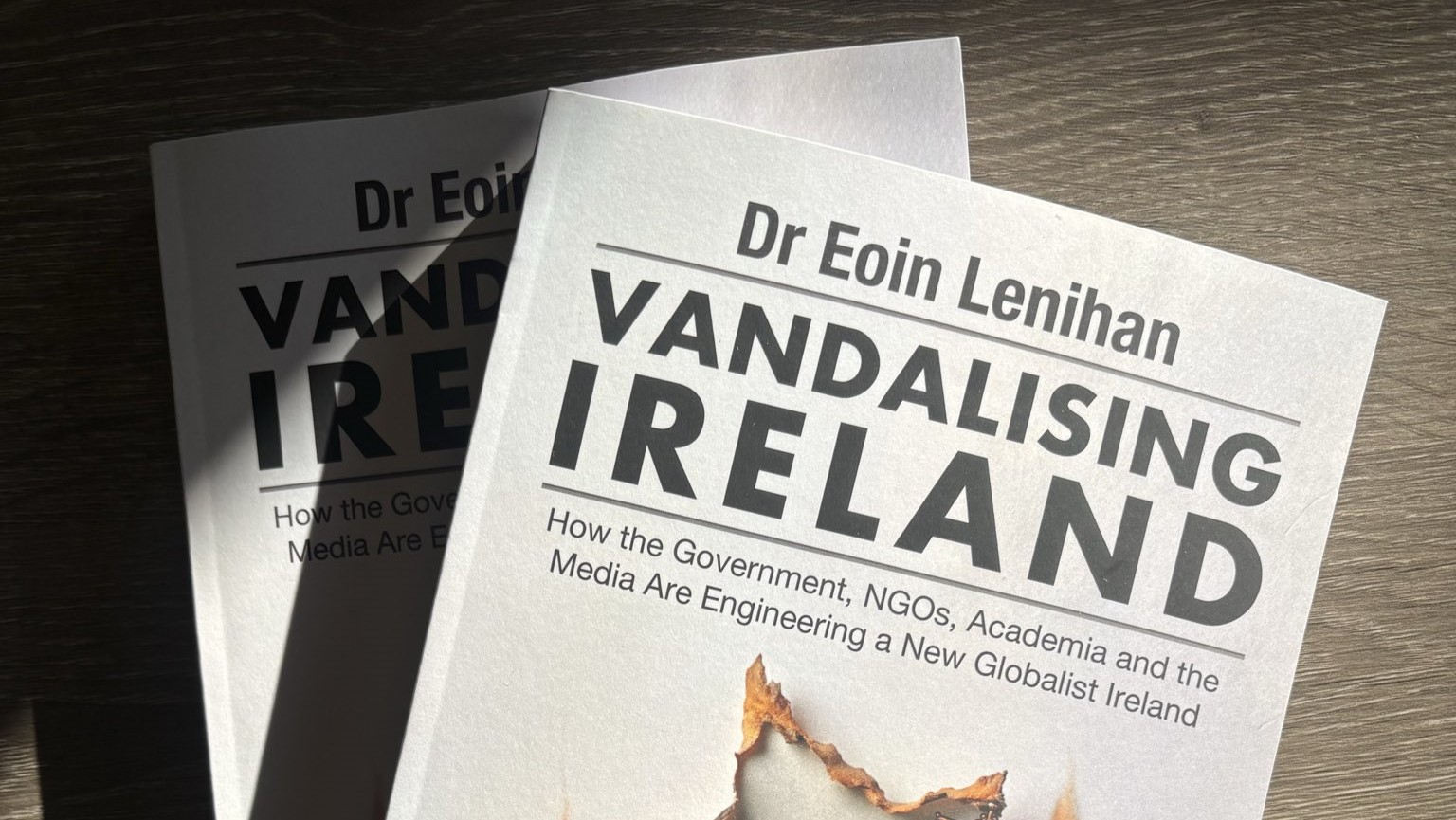
‘Following an embarrassing spectacle in Ireland that saw nearly 13 per cent of voters cast “spoilt” ballots while an unapologetic leftist cruised to victory in the Irish presidential race, establishment-liberal politicians like Tánaiste [Deputy Prime Minister] Simon Harris exhibited timid initial signs of policy reversal on the immigration issue.’
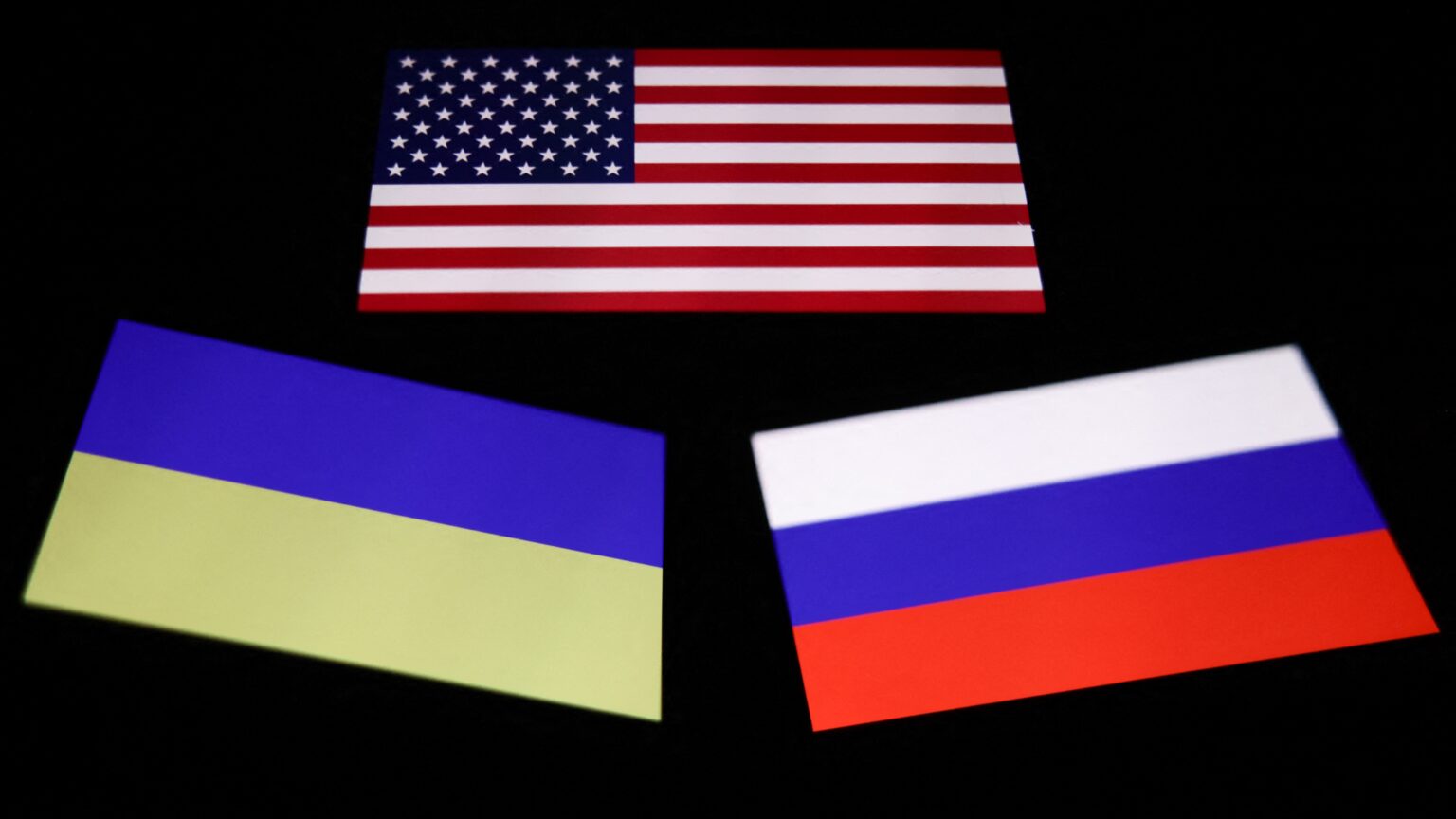
‘The Russian–Western relationship is basically about geography.’
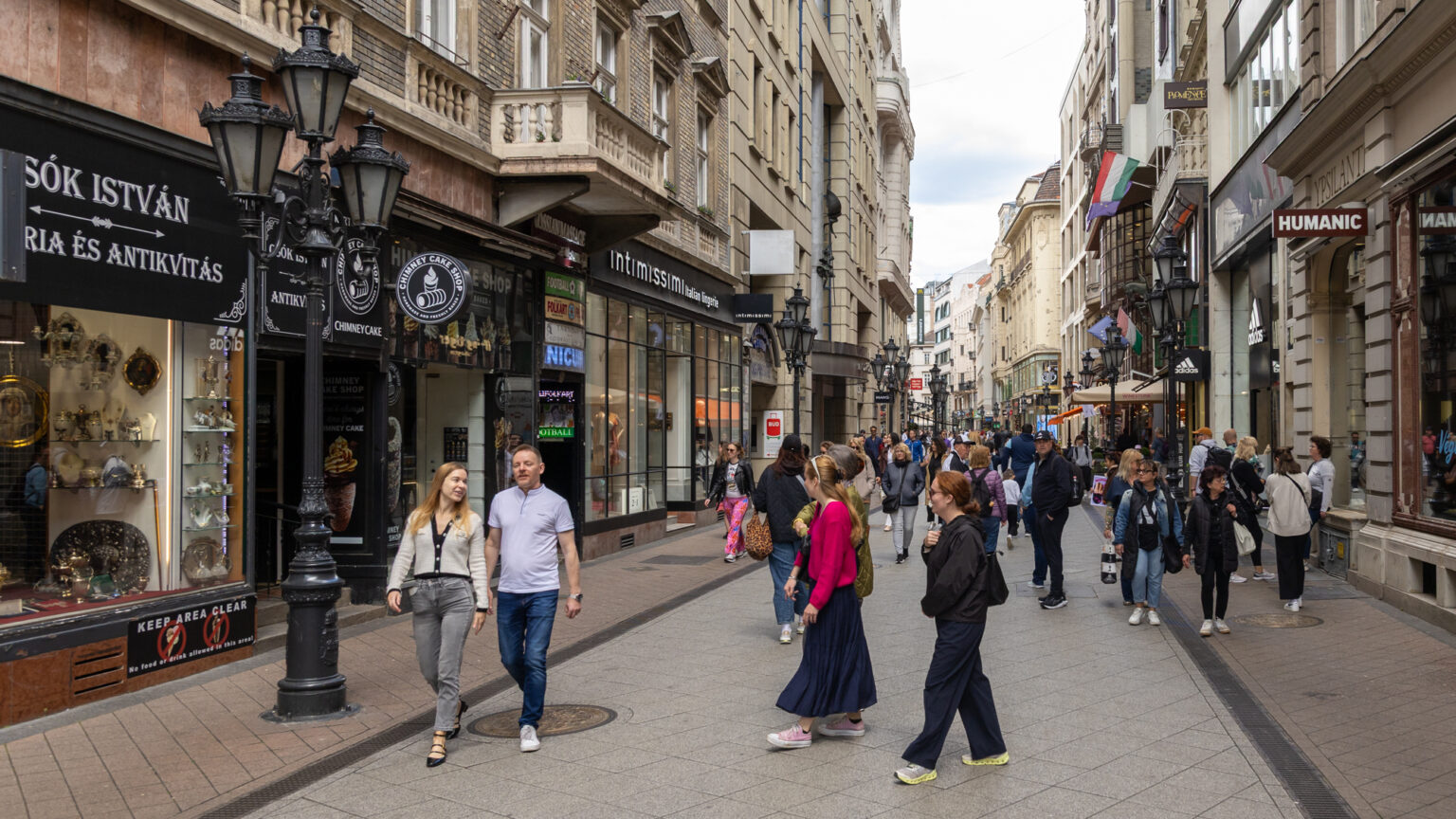
‘I mean, it doesn’t have Delhi’s “toxic trash mountains”—to cite The Guardian.’

‘The Pope should ensure that the Christians of Lebanon have a united vision for the future of their country, which they can convey to their fellow compatriots from different religious backgrounds.’

‘Some hope that if Reform UK win the next election that the situation will get better. But the reality is that Britain’s problems are structural. The country is in terminal economic decline, and the state is close to bankruptcy.’
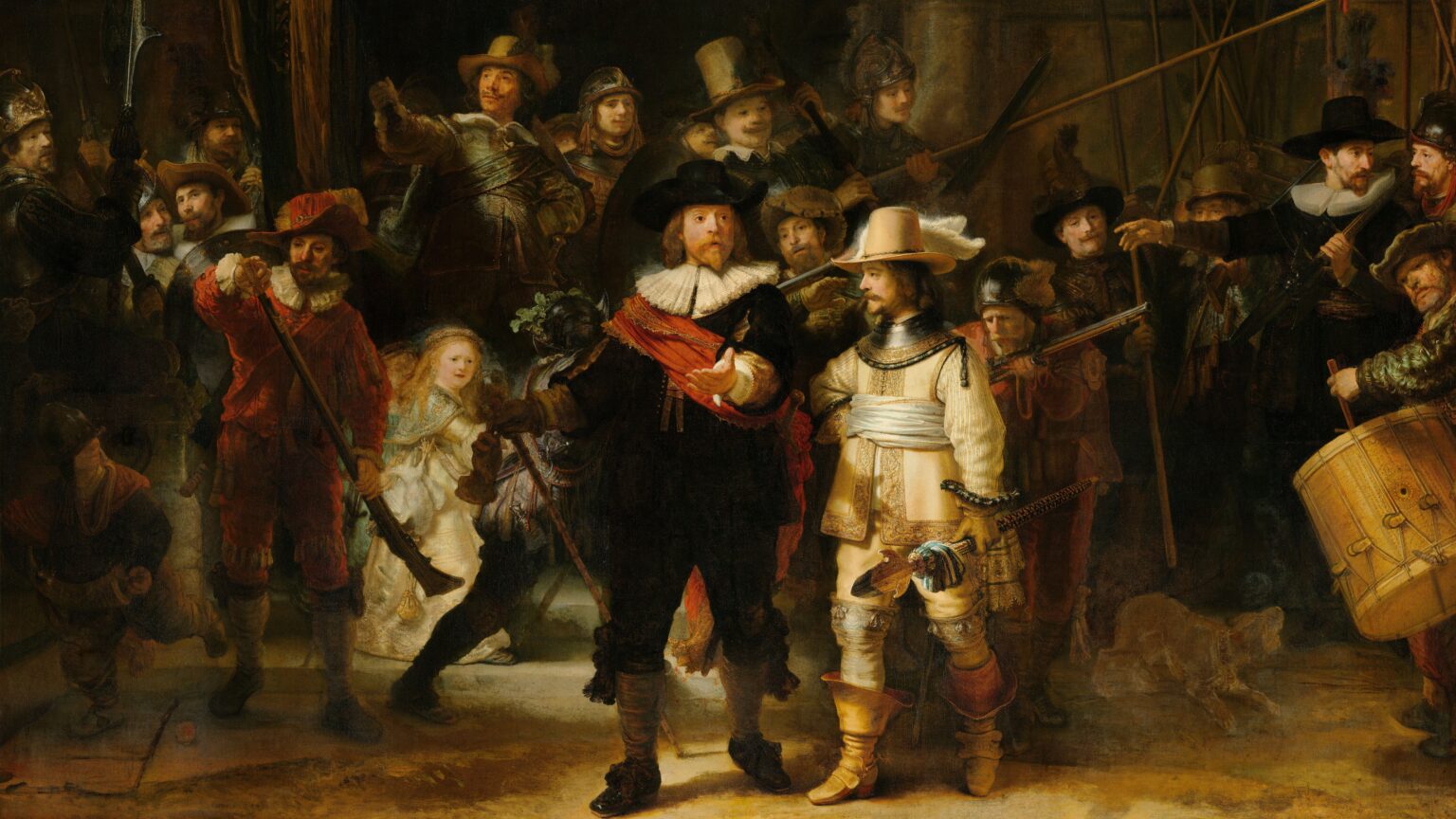
‘The so-called “populist wave” is not the enemy of democracy; it is the symptom of liberal democracy’s philosophical exhaustion.’

‘Can I prove it is definitely not the case that Orbán’s allies are weaponizing manicure magazines for election gain? I mean, I guess not. You cannot prove that The Guardian is not secretly staffed by a race of transgender space lizards—but that does not necessarily mean we should be worried about the LGBTQ reptilian menace.’
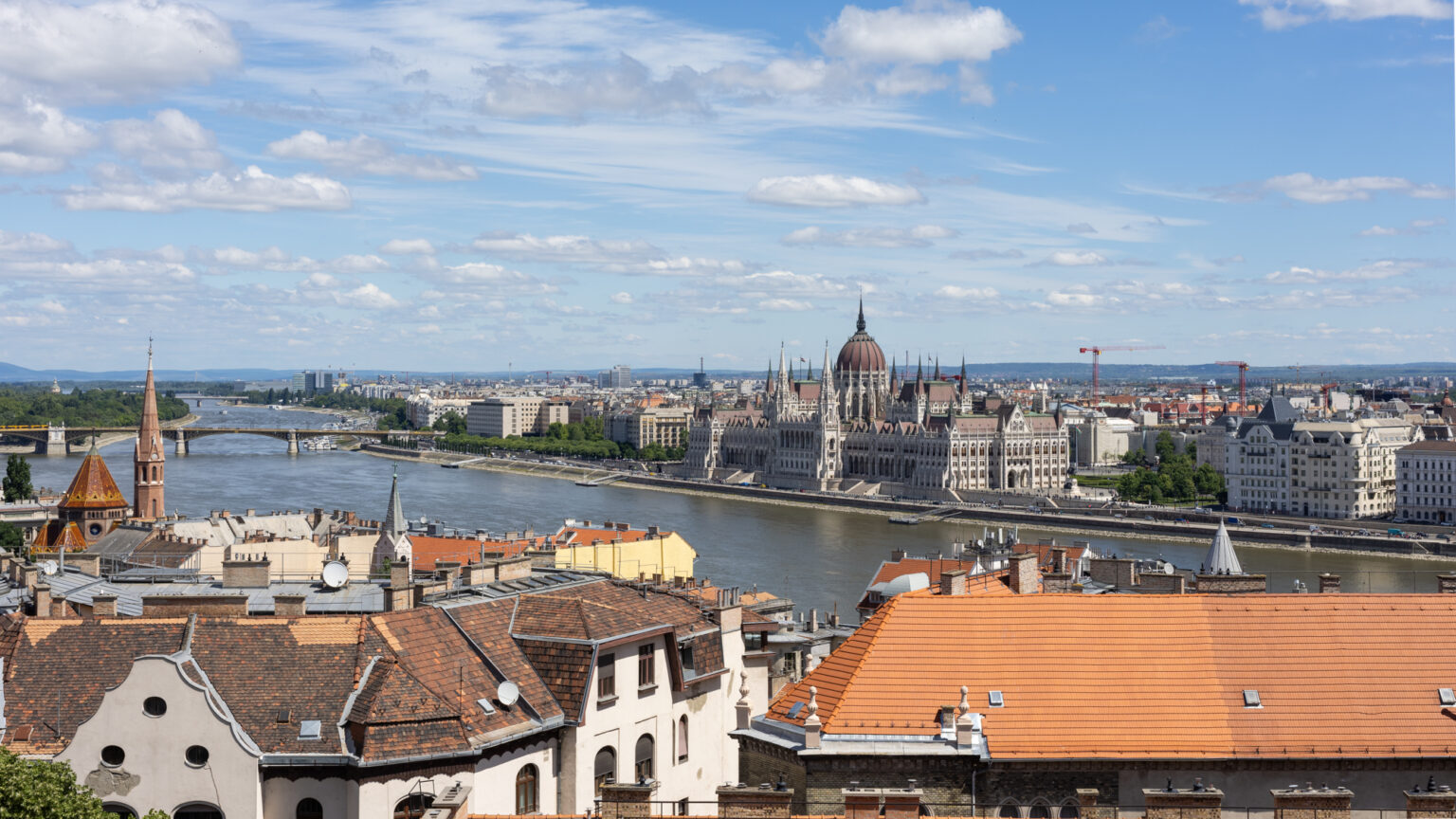
‘The damage is done. Most viewers will swallow the caricature without a second thought, file ‘Hungary = corrupt chaos’ into their mental map of Europe, and never realize they’ve been fed quiet propaganda dressed as entertainment. Beautiful Budapest didn’t deserve the smear. And the audience didn’t deserve the lie.’
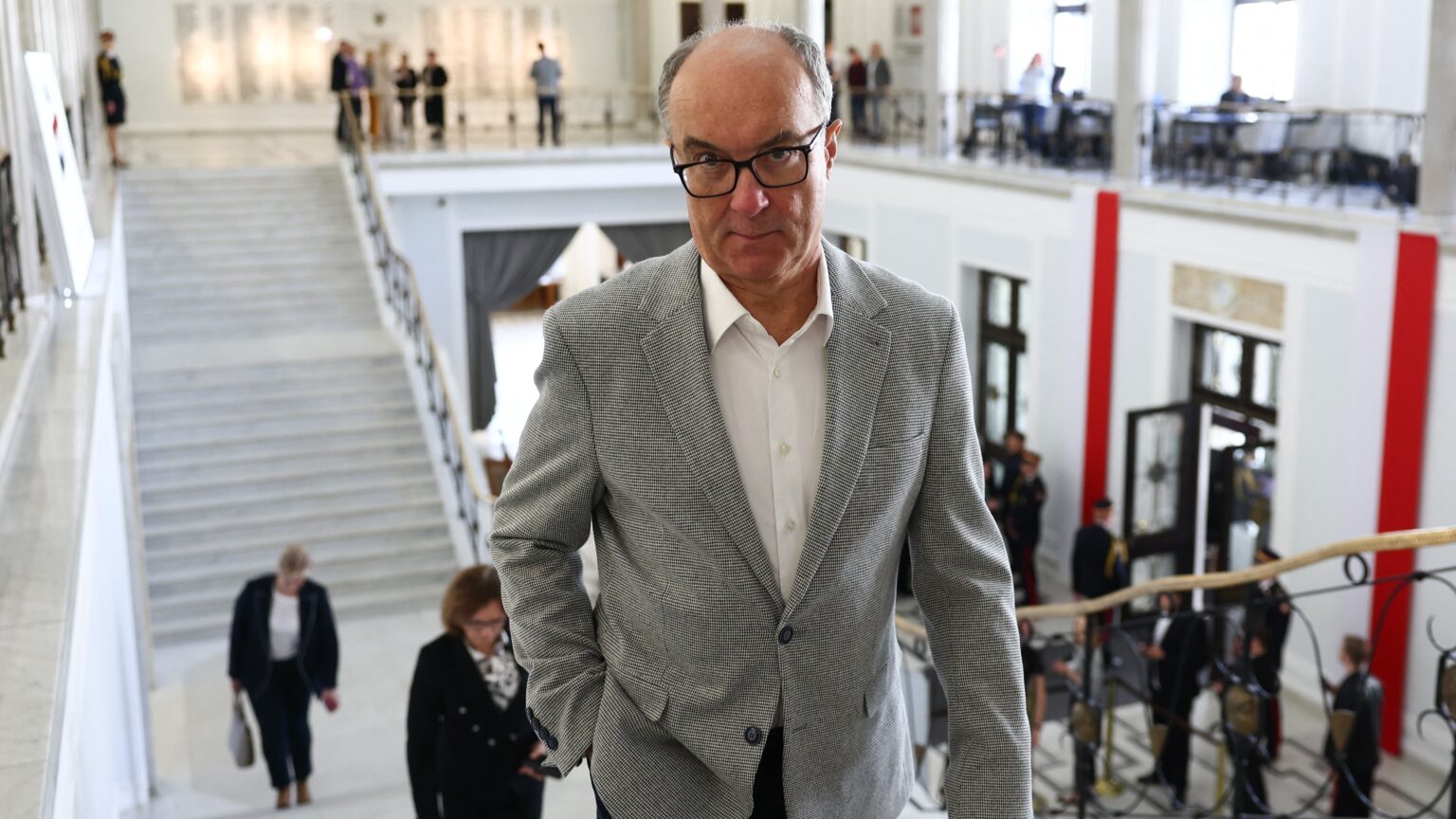
‘Even in 2015, when the PiS government came to power, individuals with communist pedigrees were still numerous within the less visible but essential layers of state administration, the judiciary, the economy, NGOs, and the media. Today these networks are returning…The goal is clear: to maintain control over social and state institutions regardless of electoral outcomes.’
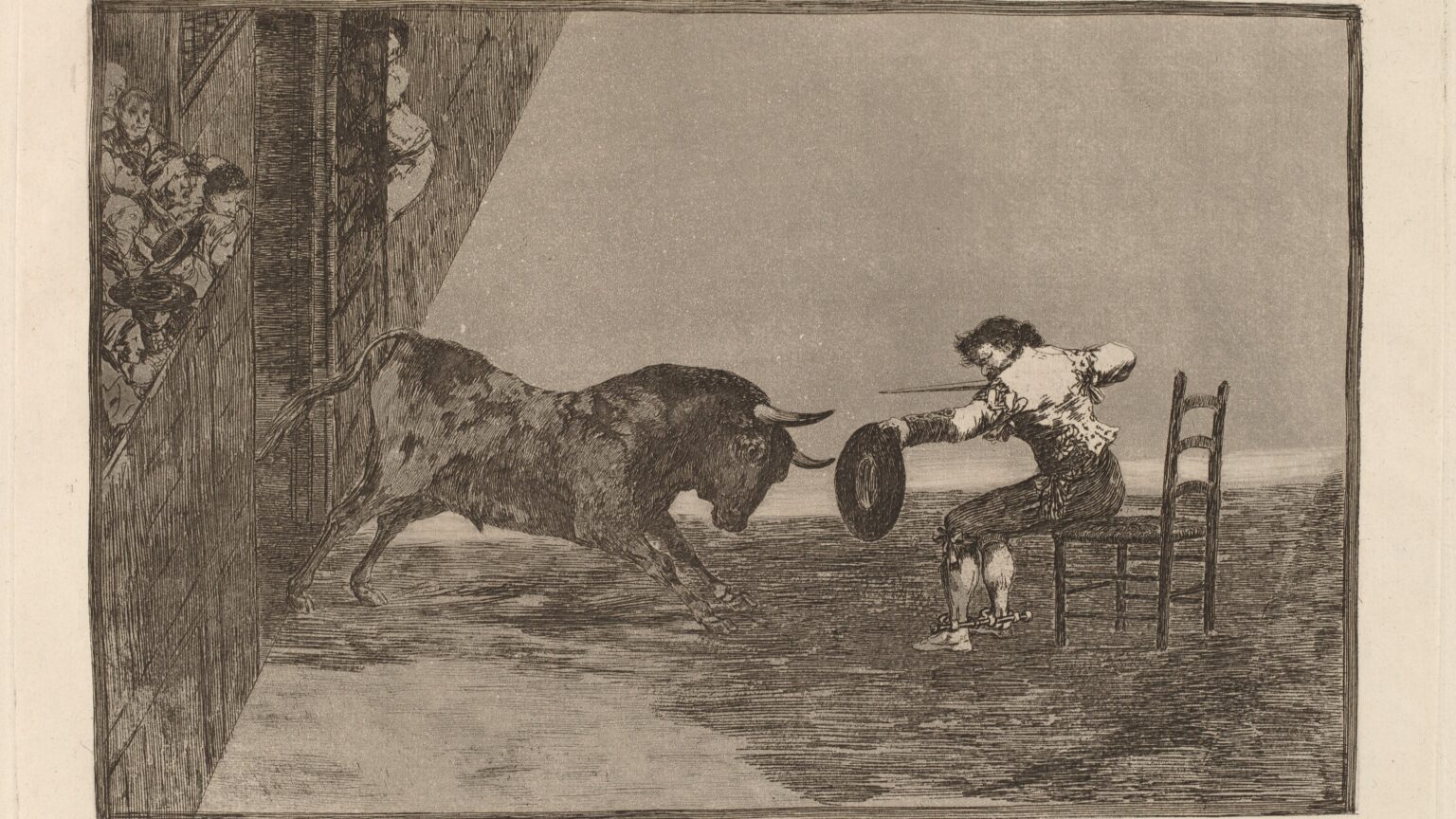
‘“Personnel is policy,” and right now the liberal managers are running the show, even with the New Right in power.’

‘Football would not be the world’s number one sport if it did not carry that unique emotional charge. And often, it is heartbreakingly unfair—for us Hungarians, perhaps more often than for others…We may indeed have to forget about the World Cup for generations…And we will continue to believe that one day Hungary will return to where it belongs: among the greatest football nations of history.’
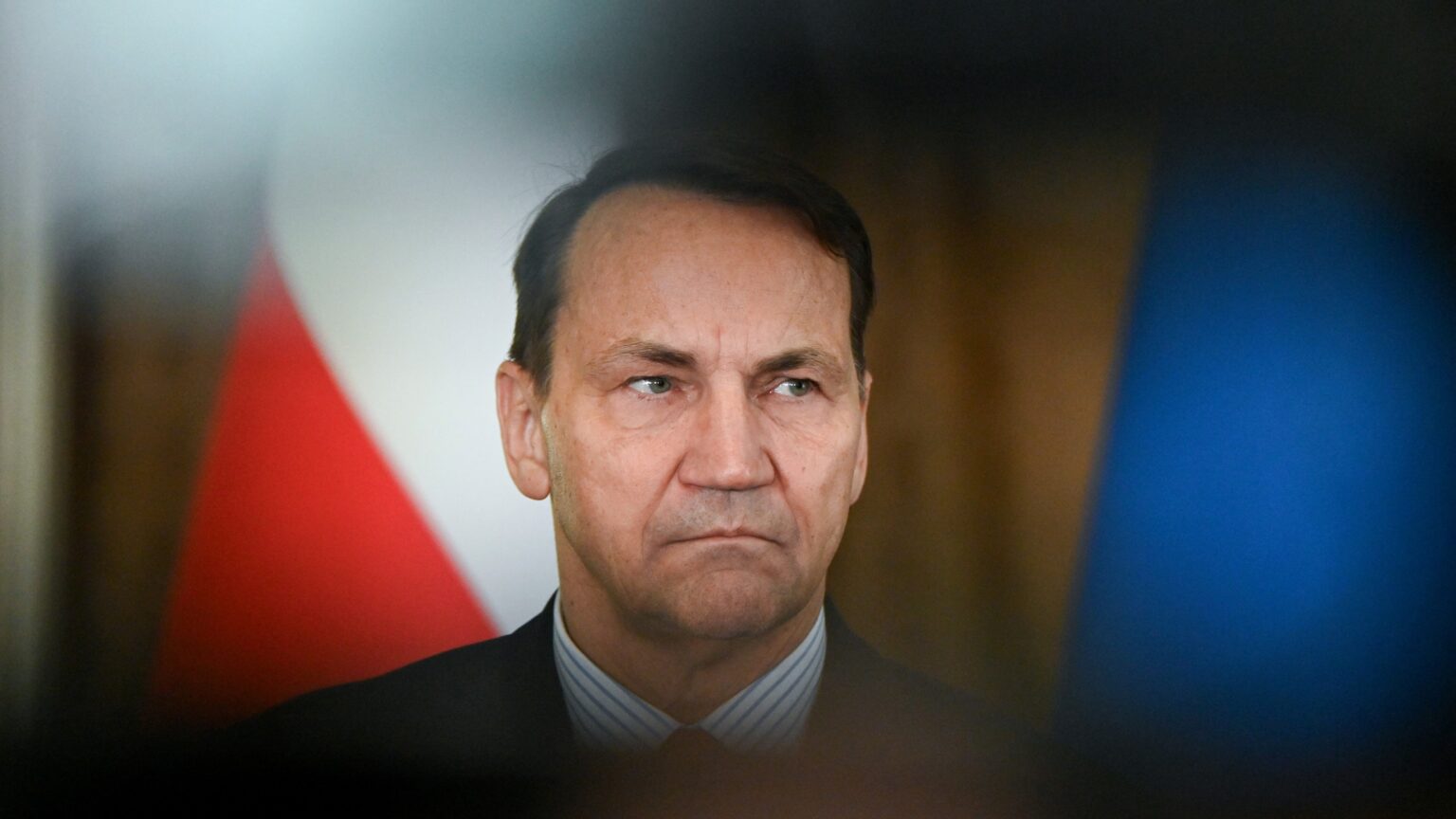
If Mrs Sikorski wants to publish an article blasting the Hungarian government, she should mention she is married to Poland’s foreign minister.

‘Pokrovsk’s encirclement emerged from these dynamics not as a sudden catastrophe but as the predictable outcome of long-developing trends.’
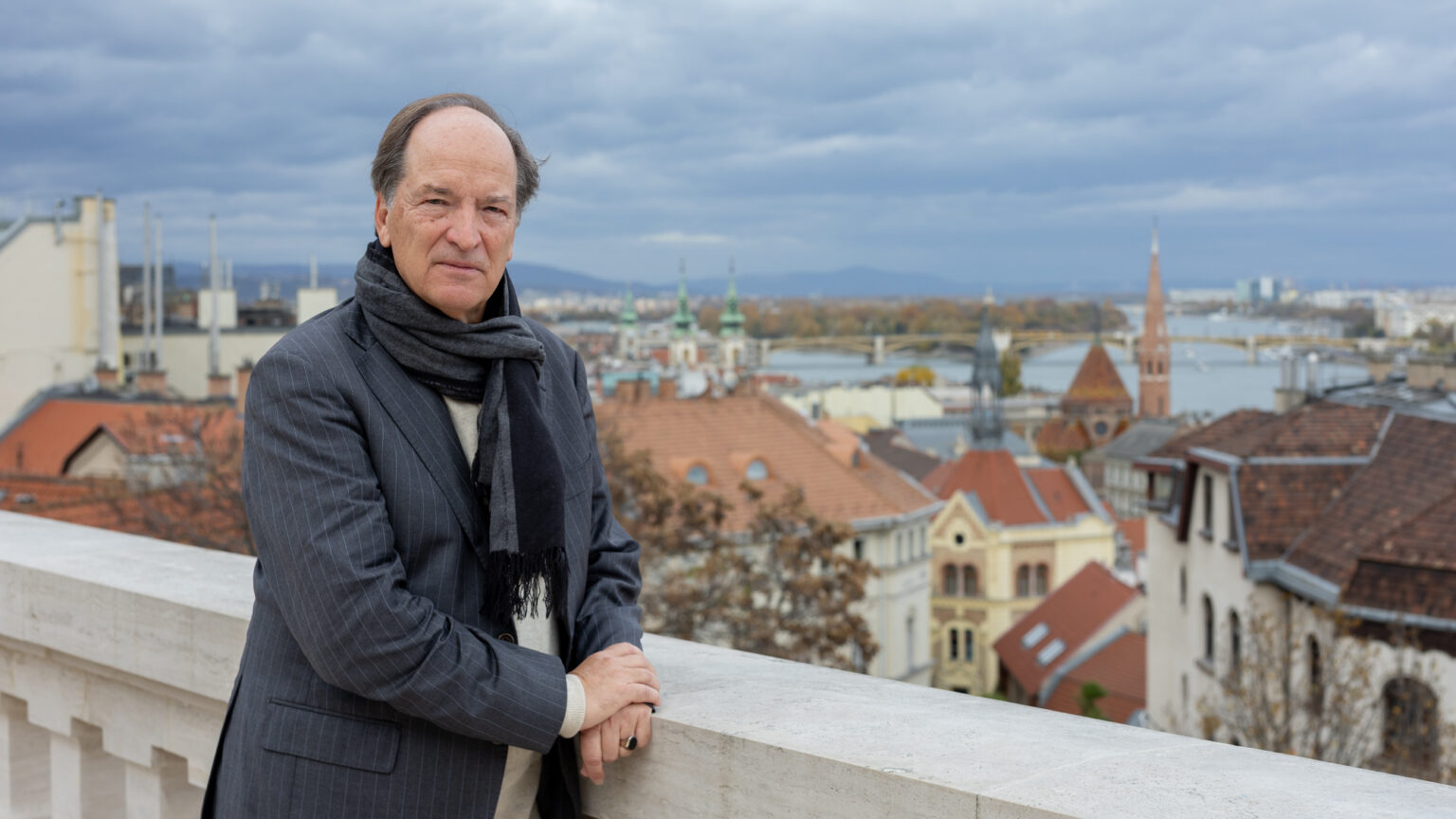
Under what conditions can the Ukrainian war end? Can there be a military confrontation between the US and China over Taiwan? What could be the future of the Gaza Strip? We asked for an analysis from the renowned scholar of international relations on the three major geopolitical conflict areas: the Ukrainian war, the Middle East, and the Pacific Region conflict.
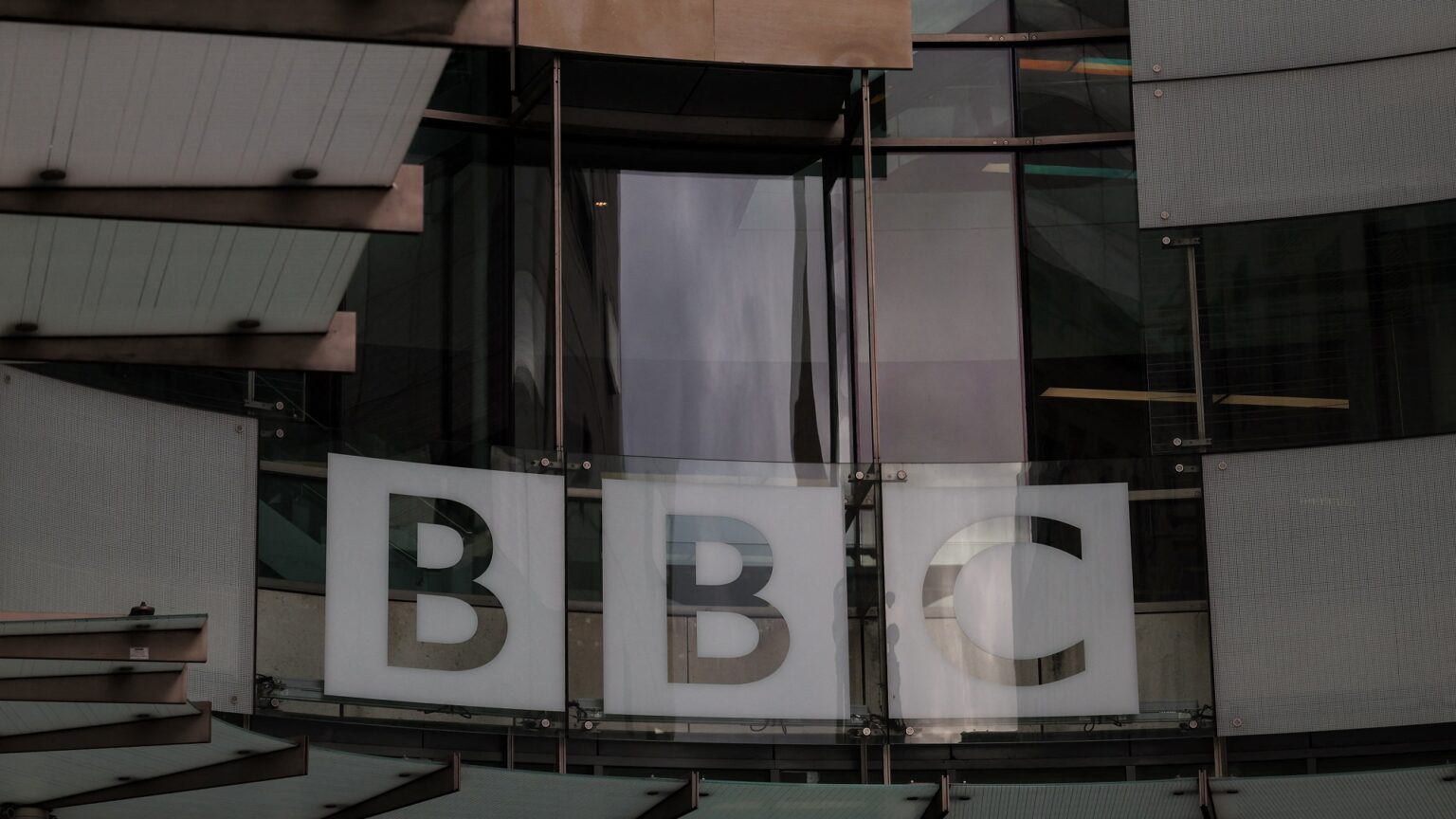
‘Why are there still some people…who stand in defence of the BBC? Because, in their view, the BBC…forms part of the institutional network they can appeal to for condemnation and a justification for contempt of Trump even after—despite their insistence that it could not happen—the people of the United States chose to vote him into power again.’
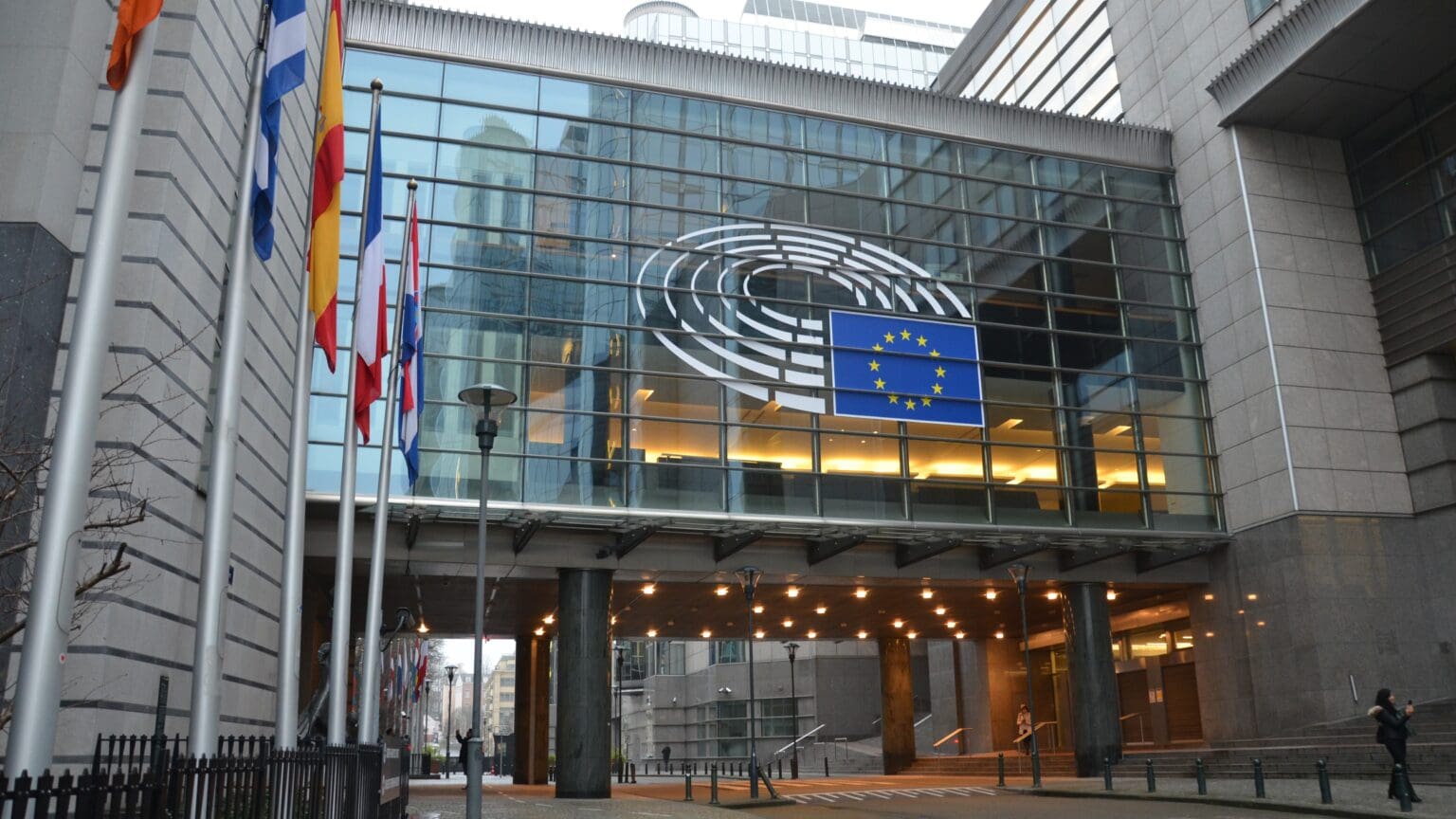
‘The paradox, if not hypocrisy, on the part of the EU is that its so-called enforcement of the rule of law or founding values, whatever those are supposed to be, is in direct violation of the principle of subsidiarity…’
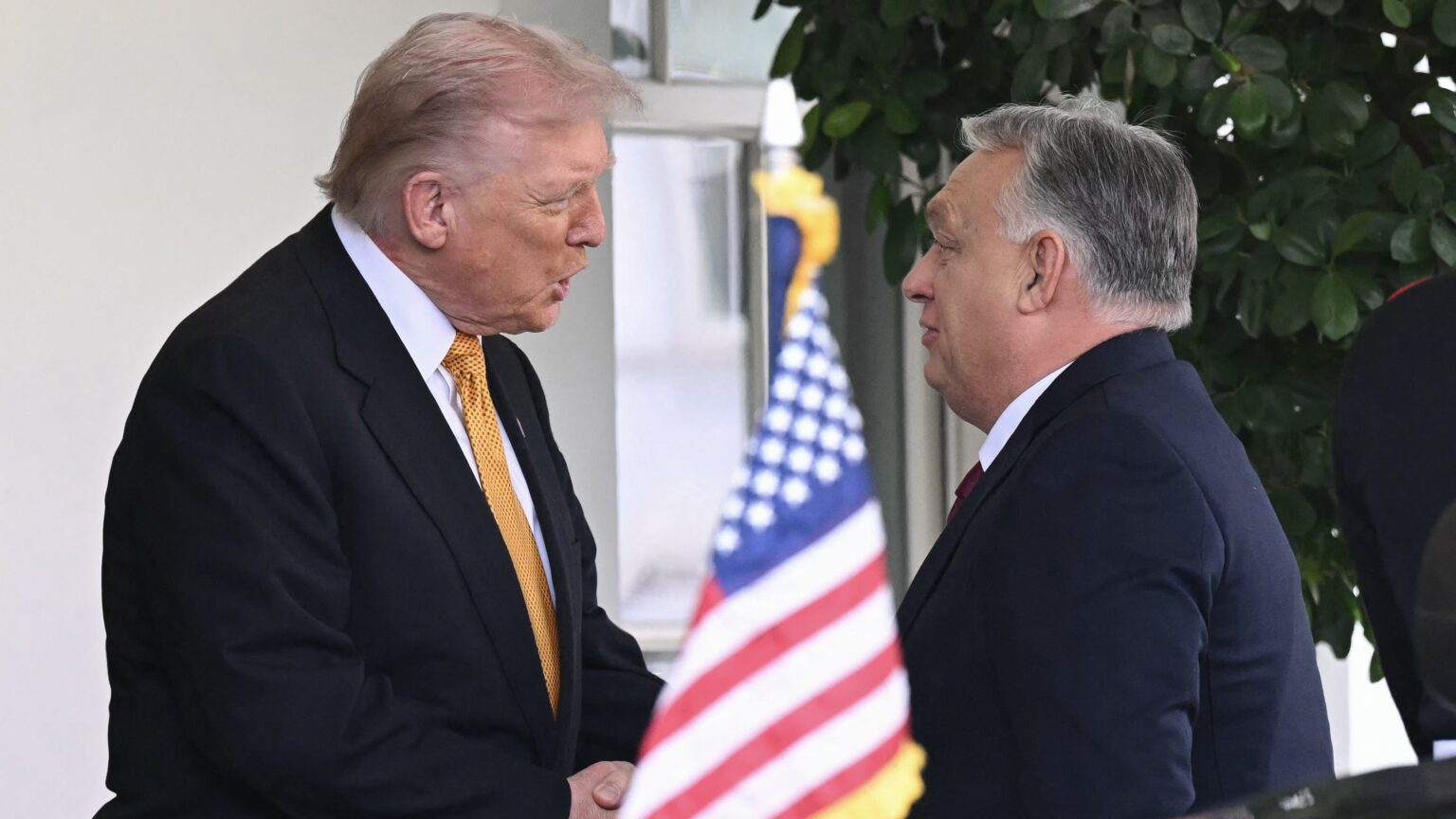
‘Orbán’s multi-vector commercial policy, which balances energy cooperation with Russia, selective investment from China, and strategic alignment with Washington, allows Hungary to act as a stabilizing bridge between great powers.’
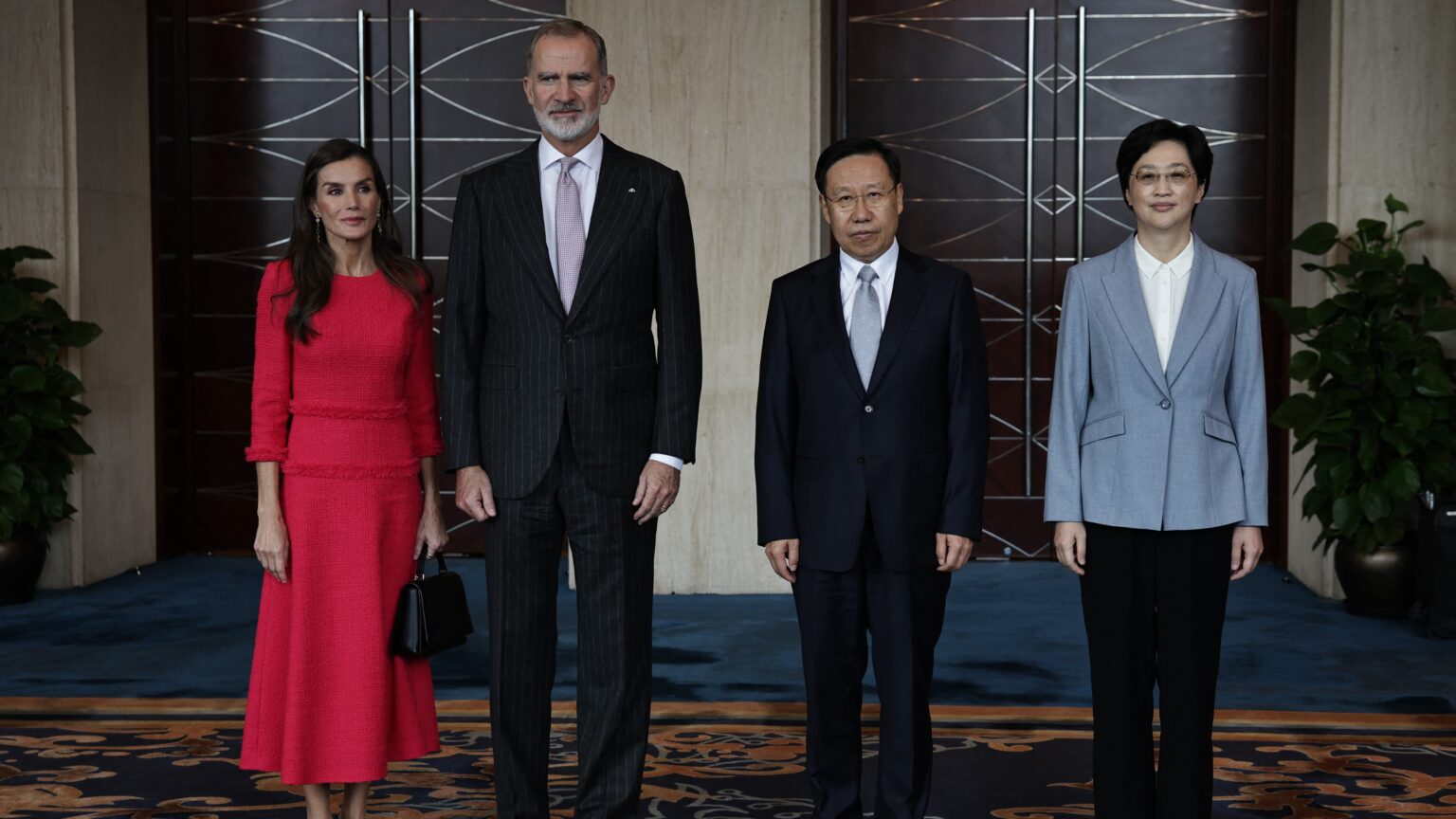
‘Spain’s cultural diplomacy in Chengdú and Beijing may win headlines, but its deeper strength lies in its ties to the Ibero-American world.’

‘The Russians copied the engine and implemented it into a very good aerial design that became the MiG-15 fighter jet.’
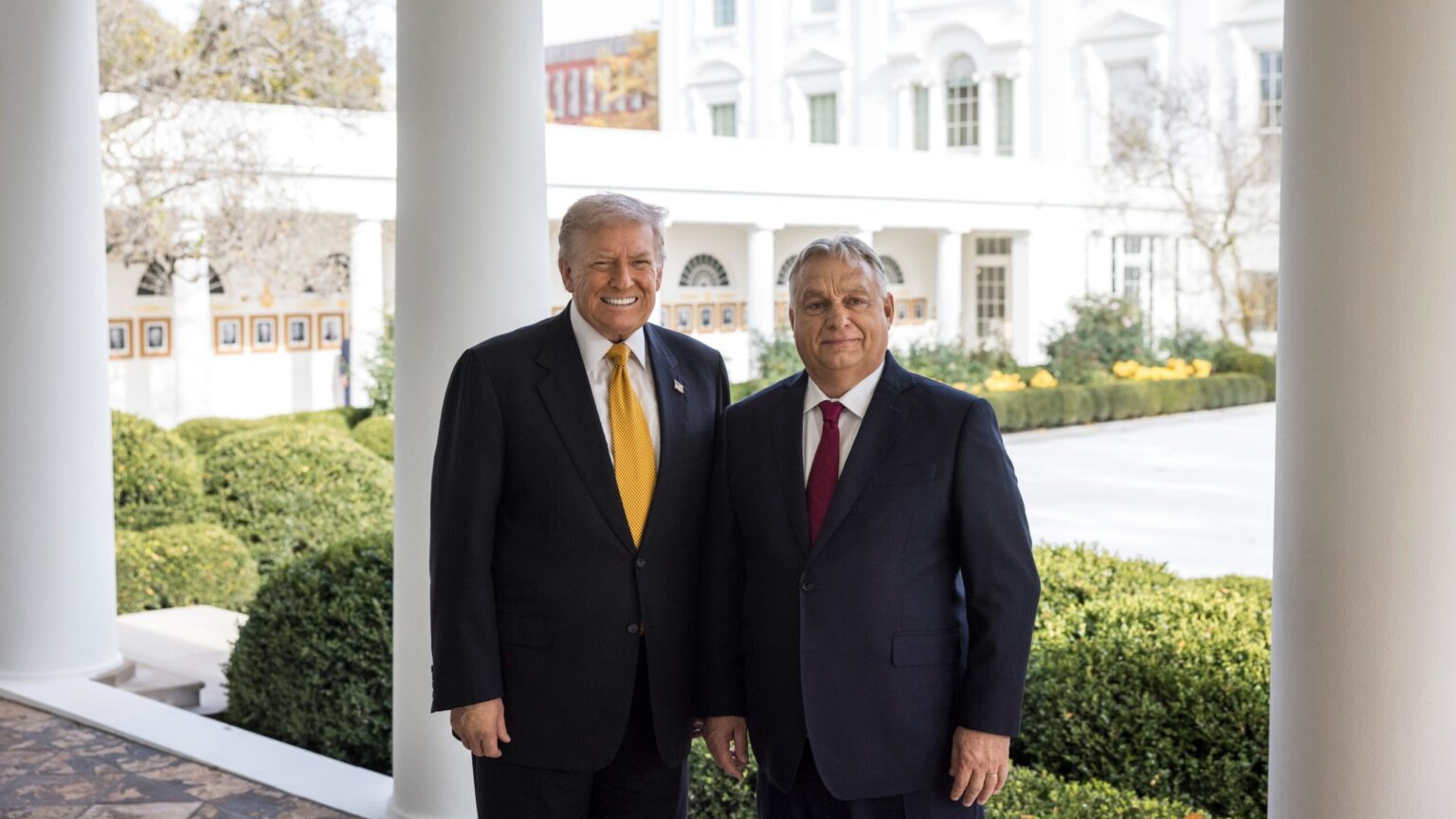
Viktor Orbán’s meeting with Donald Trump symbolized a deeper struggle for the soul of Western civilization. With Washington now backing Europe’s sovereignist governments, Hungary’s 2026 election has become more than a political contest—it is a referendum on whether Christianity, family, and nation can survive the globalist onslaught.
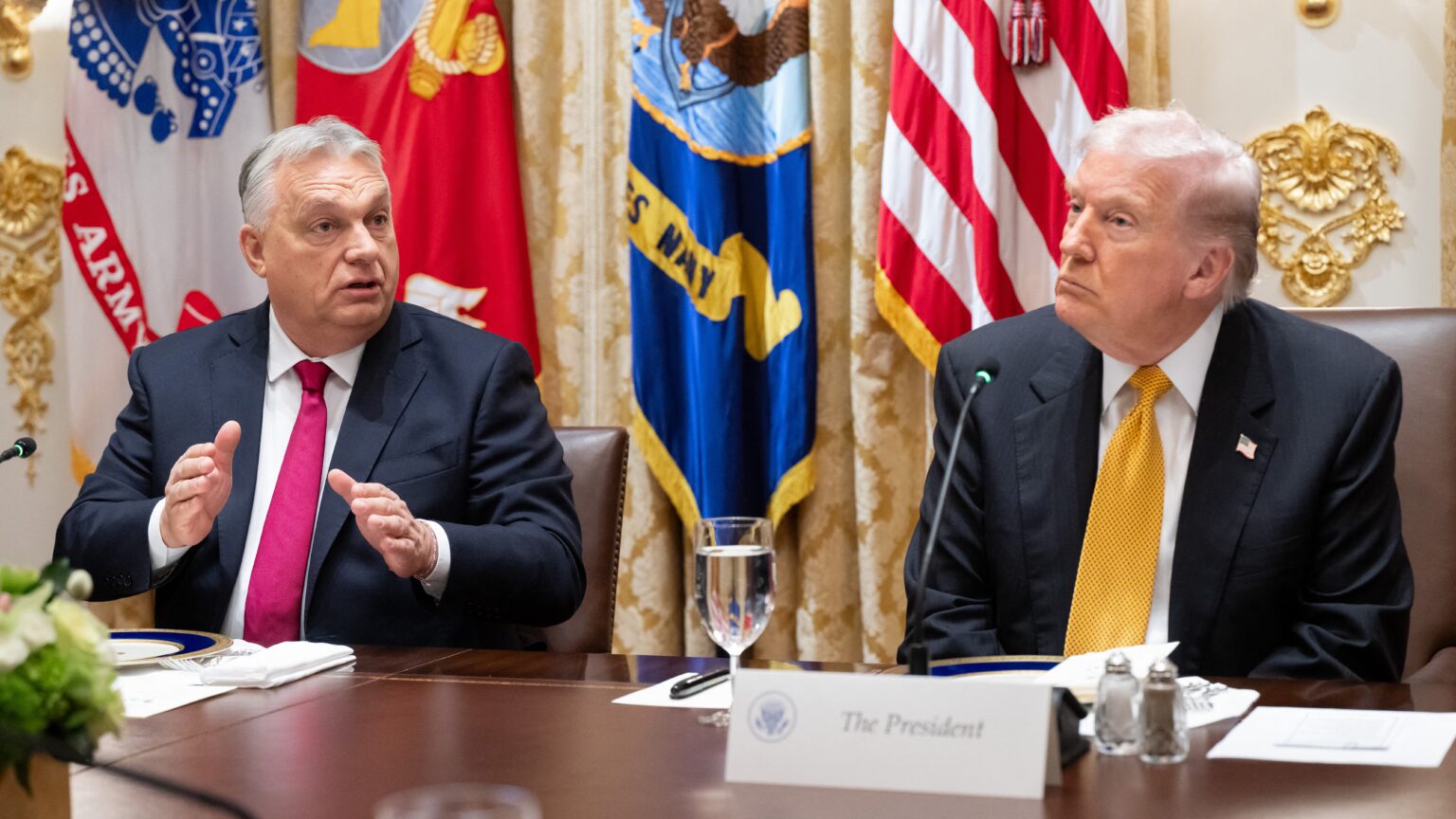
‘Attacks from the Dems are ultimately to be expected, with the cause secondary to the pure utility of attacking Europe’s most effective right-wing leader.’